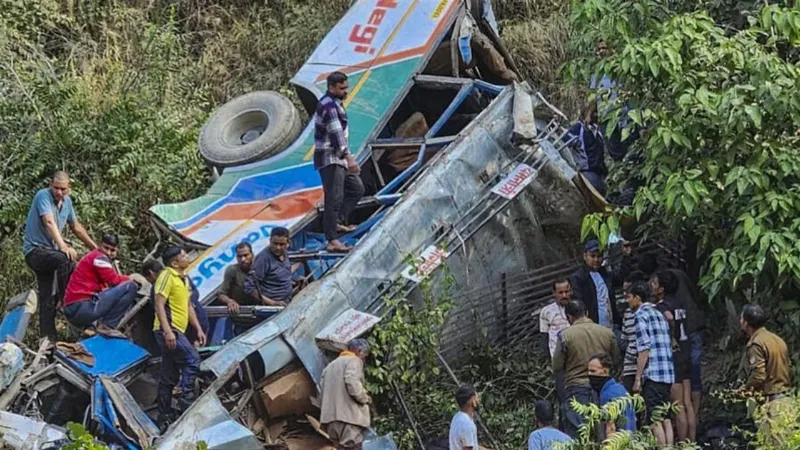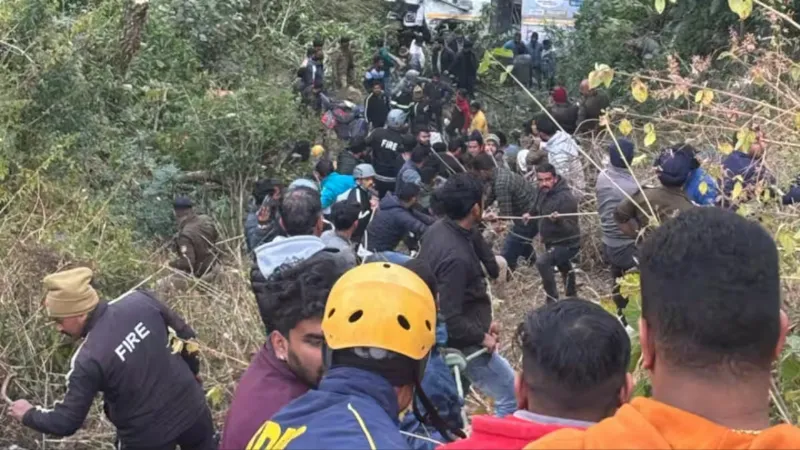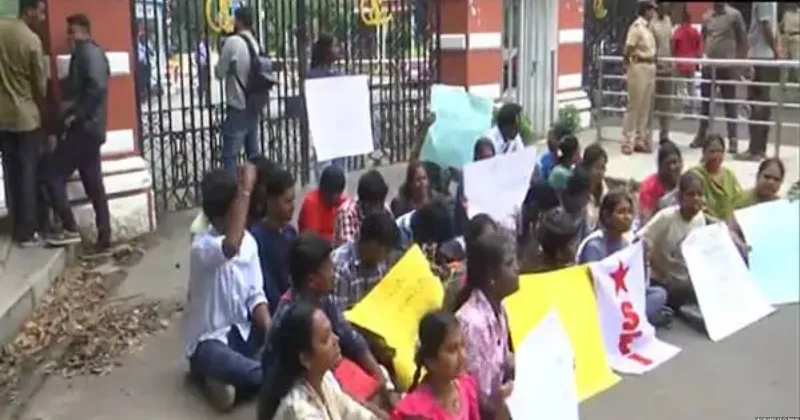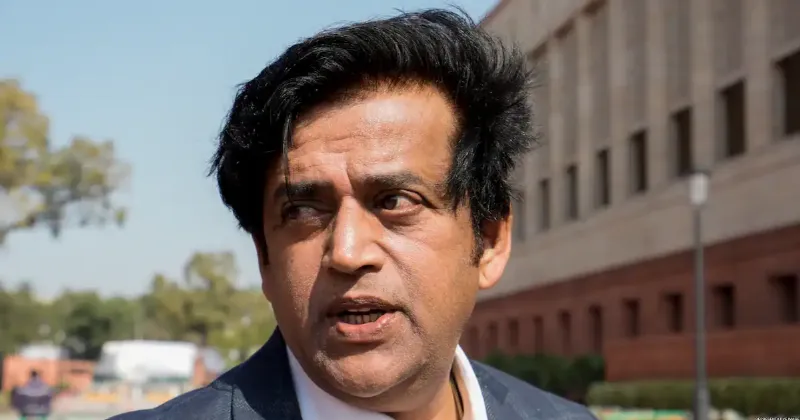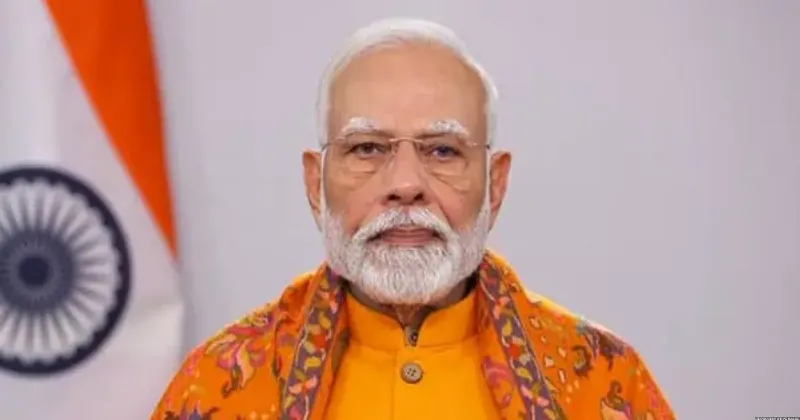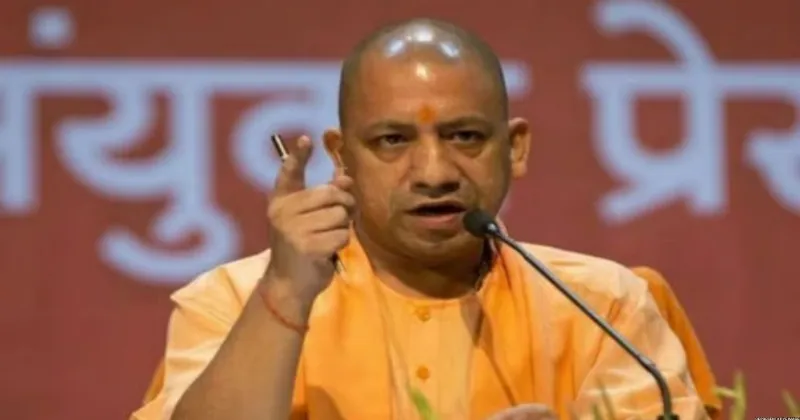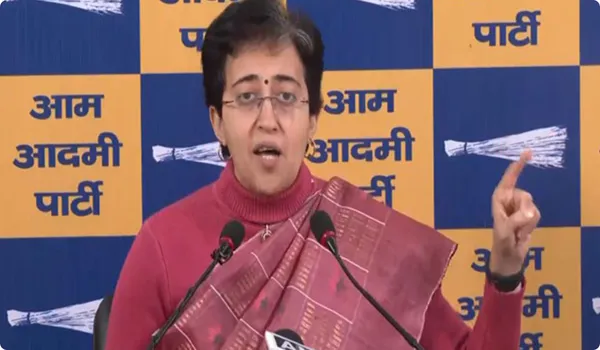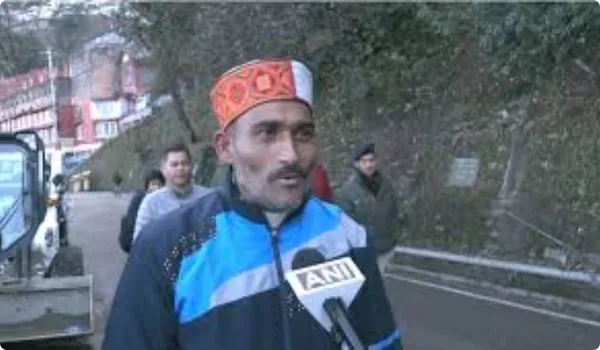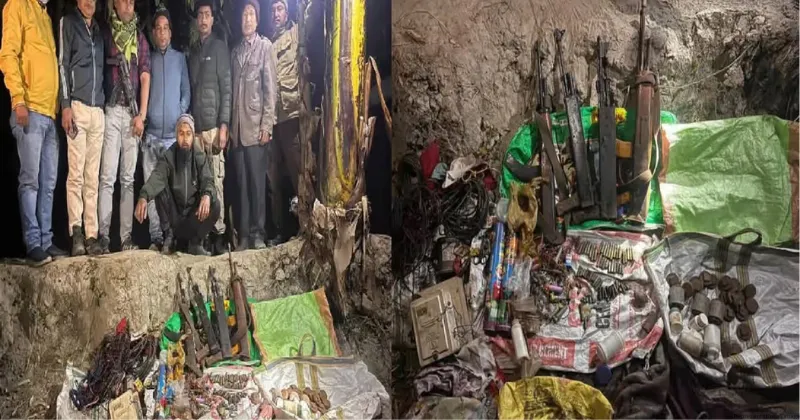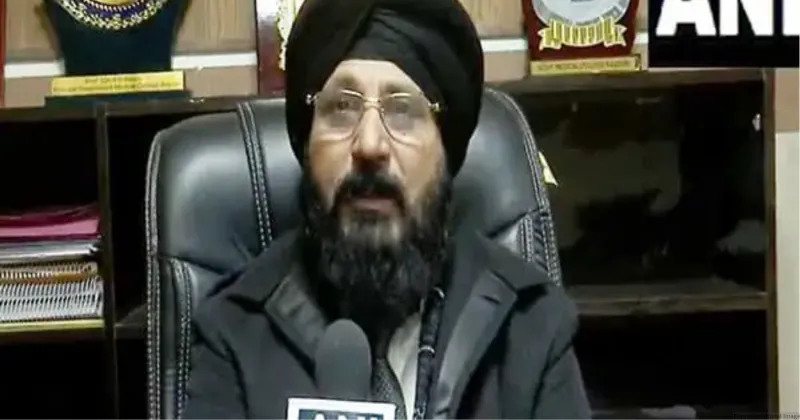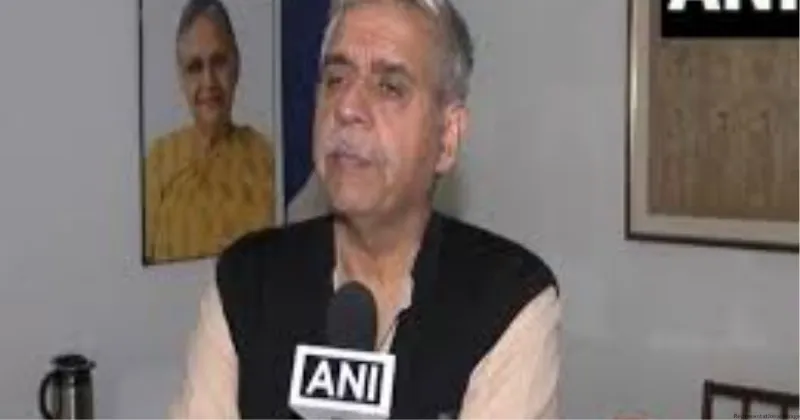Latest News
Punjab folk narratives: History of legacy, resistance, resilience

Punjab: Oral history is the lifeblood of the cultural heritage of Punjab. The stories, songs, and legends passed down through generations serve as a testament to the people's resilience and resistance against social, political, and economic oppression. In addition, these narratives reflect Punjabi people's lived experiences, providing insight into their beliefs, values, and struggles, Khalsa Vox reported.
One of the most significant contributions of oral history in Punjab is its role in preserving cultural memory. With the ravages of time, it becomes harder to keep track of traditions, customs, and beliefs that arise out of place and identity.
The stories passed down orally in Punjab provide a window into the past, preserving the land's rich heritage over time. In addition, these narratives reveal invaluable information about the history, customs, languages, and beliefs of the people who occupy this region, Khalsa Vox reported.
The storytellers who transmit these stories from generation to generation are crucial to ensuring that the cultural memory remains intact. They are the key to preserving the collective knowledge of the people and keeping alive the spoken word that sustains the community.
In times of upheaval and displacement, the storytellers have played a critical role in maintaining the cultural identity of Punjab alive by transmitting knowledge and hope to new generations.
One such story that encapsulates the resilience and resistance of the Punjabi people is the story of Heer Ranjha. This narrative embedded in the cultural memory of Punjab is a love story that challenges oppressive cultural norms, social hierarchies, and religious intolerance, Khalsa Vox reported.
It tells the story of two lovers who belong to different social classes and religions, but their love transcends all barriers. Unfortunately, the story ends with the tragic death of Heer. Still, the enduring memory of her love and sacrifice for her lover, Ranjha, has cemented their legacy as symbols of the triumph of love over petty societal prejudices.
Similarly, the story of Dulla Bhatti highlights Punjab's people's resistance against the Mughal Empire's military might. Dulla, a local and folk hero in Punjab, was known for his bravery and moral integrity. With his band of loyal supporters, he would ambush the Mughal forces and steal their wealth, which they would then distribute among the poor, Khalsa Vox reported.
Thus, Dulla Bhatti became a symbol of hope, resistance, and solidarity against the oppression of the Mughal Empire.
The importance of such narratives goes beyond preserving cultural memory. They are powerful tools for resistance and healing in post-colonial and post-traumatic contexts.
In the aftermath of colonialism and post-partition violence, the cultural identity of the Punjabi people was under siege. The strong oral tradition of Punjab helped in the healing process by reinventing the cultural narrative and showcasing the resilience of its people, Khalsa Vox reported.
The Punjabi diaspora, the world over, has kept these narratives alive, and in recent years, scholars and enthusiasts have recognised their importance in preserving the cultural heritage of Punjab.
Accordingly, efforts are being made to document oral histories, preserve their essence, and ensure they are available to future generations.
The significance of oral history is preserved in the face of modern technology that allows for the written word, film and the recording of stories, etc. However, it is still the most potent form of storytelling that captures the essence of cultural memory, Khalsa Vox reported.
For example, the "Dhadhi" tradition of Punjab, where singers narrate stories and epics through music, remains a vibrant tradition to this day. Likewise, the "Dhadis" are an essential aspect of Punjabi culture, transmitting the knowledge of the past to new generations through their music.
The oral tradition of Punjab has also proved a vital source of inspiration for contemporary artists, writers, and poets. Many have drawn inspiration from stories of resistance, resilience, and survival passed down through the oral tradition to create works that echo the struggles and triumphs of the people.
However, there is a danger that this rich tradition will fade with time. The storytellers, the repositories of ancestral knowledge, are ageing and dying, and their practices must be preserved for posterity, Khalsa Vox reported.
Urgent steps need to be taken to document and digitise these stories, and intangible culture must be archived for future generations. (ANI)



